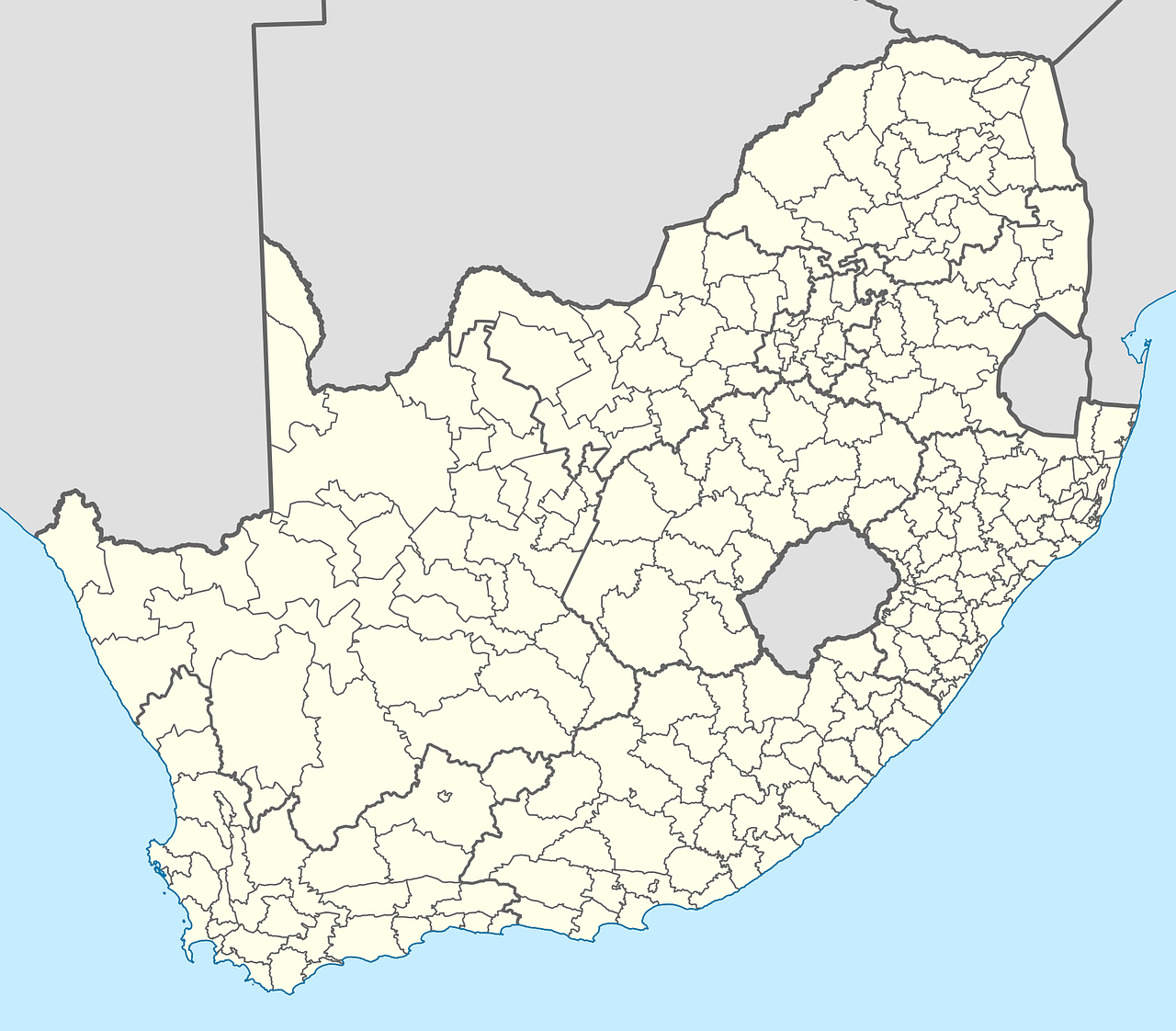What Causes Unemployment in South Africa
Photo by Clker-Free-Vector-Images on Pixabay
Unemployment is a complex problem that has no single cause. However, several factors regularly appear as the underlying causes of high unemployment rates in almost every country where data is available. In South Africa, for example, young people are significantly more likely to be unemployed than older job seekers. Youth unemployment remains one of the country’s most pressing challenges, and recent statistics from Statistics South Africa indicate that things aren’t getting any better. This article looks into some of the critical factors that have led to such high levels of unemployment in South Africa today.
Youth unemployment
Among the worst side effects of high rates of youth unemployment are the increased rates of crime and increased risk of political instability. South Africa is currently struggling with both, and the joblessness driving both issues is primarily among young people, who are either too uneducated for the high-skilled jobs in the formal sector or unable to find work in the country’s mining and agricultural industries due to a lack of experience. The youth unemployment rate in South Africa currently sits at an astonishing 66.2%. This is by far the highest rate of any demographic in the country and places the government under severe pressure to address the issue. A lack of education or job training among this demographic is hardly surprising, given that most school leavers are not academically ready for higher education.
Corruption and poor governance
Corruption remains a massive problem in South Africa, and the state of the country’s economy is closely tied to the success or failure of the fight against corruption. South Africa remains one of the most corrupt countries in the world, ranking 96 out of 180 countries in the Corruption Perceptions Index (CPI). High levels of corruption among government officials and law enforcement officers have resulted in a systematic failure to tackle South Africa’s unemployment issue. While the unemployment rate has fallen significantly since the end of apartheid, it remains well above 10% and is rising again. If the government is serious about improving the situation and bringing down the unemployment rate, it must take steps to address corruption and punish those found guilty of the crime.
Stagnant wages at the bottom of the income scale
South Africa’s economy remains highly unequal, with the poorest members of society often failing to see any significant benefits from economic growth. The average monthly wage for a full-time employee in the country currently sits at around R15,000 (or $1,152). While this is significantly higher than it was during apartheid, it is still below the minimum wage set by the government. It fails to provide enough income to support a single person living alone. The minimum wage in South Africa is currently R18,95 ($1,733). However, the vast majority of people in the country earn significantly below this due to the difficulty of finding high-paying jobs in the formal sector, given current unemployment levels. Unless the government takes steps to address the issue of stagnating wages at the bottom of the income scale, it will be hard to reduce the overall level of unemployment in the country.
A lack of vocational training
South Africa has a severe shortage of skilled workers in several key industries. This is particularly evident in the construction and engineering sectors, where a lack of skilled workers has resulted in labor shortages. The country’s failure to provide adequate vocational training to students remains one of the primary causes of the lack of skilled workers. The government is currently working to address this issue by establishing the National Technical Skills Development Initiative, which will train young people to prepare them for careers in various industries. If successful, the initiative should help to increase the number of skilled workers in the country and help to reduce the level of unemployment among young people.
Conclusion
South Africa has made significant progress in tackling racism and racial inequality since the end of apartheid. However, the country still has a long way to go in reducing overall unemployment levels. The government has recently announced a series of new initiatives designed to improve the situation, including creating new job-creation projects and introducing longer training courses in different fields. If these initiatives prove successful, South Africa’s unemployment rate should begin to fall significantly over the next few years. In the meantime, the country’s youth will continue to suffer from a lack of employment opportunities and the poverty that often accompanies long-term unemployment.
Share This





